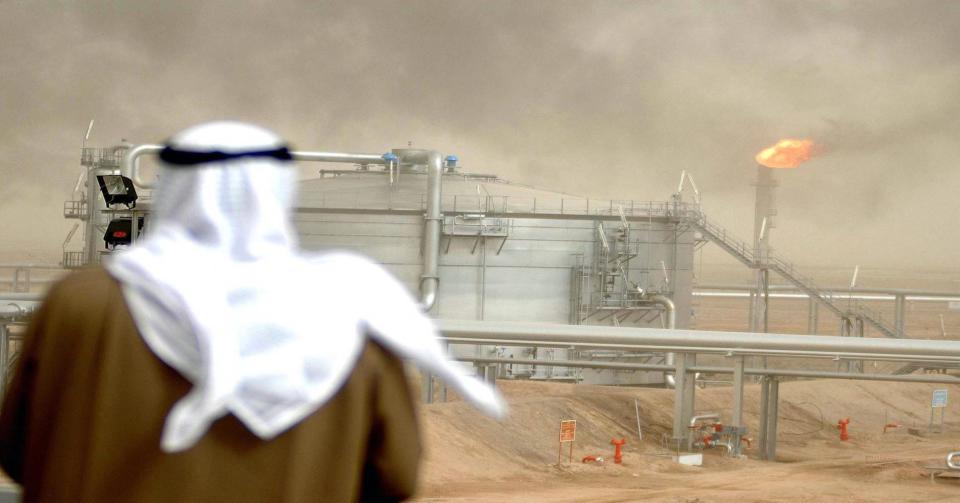Commodity prices pile pressure on Middle East

The plunge in oil prices since summer of last year has hit the economies of major exporters all over the world, with even the government finances of the robust oil producing Gulf states proving no exception.
Lower oil revenues since the second half of last year have hit the balance sheets of the likes of Saudi Arabia and the United Arab Emirates (UAE) and, after years of being in surplus, some countries will have to manage budget deficits this year and in 2016 according to ratings agency Moody's.
With oil prices expected to stay lower for longer, governments may need to take steps next year to boost revenues, with other financing needs such as debt issuance expected to increase, the agency warned.
"Lower oil revenues since the second half of 2014 have led to deterioration in the fiscal balances of many Gulf Cooperation Council (GCC) governments, with only Kuwait and Qatar maintaining healthy budgetary surpluses in 2014," senior analyst at the group, Steffen Dyck said in a report published Tuesday.
The fiscal accounts of Bahrain, Oman and Saudi Arabia are the most vulnerable to the downturn in oil prices, Dyck said, who expects the fiscal positions of all GCC countries to worsen in 2015.
The ratings agency now expects that the GCC, made of up Saudi Arabia, Bahrain, Kuwait, Oman, Qatar and UAE, will post a combined fiscal deficit of close to 10 percent of regional gross domestic product (GDP) in 2015 and 2016, compared to an average aggregate surplus of almost 9 percent in the years 2010 to 2014.
Oil prices traded below $50 per barrel Tuesday, having fallen as much as 3 percent on Monday after data showed China's economy slowed in the third quarter of this year. The price of oil has collapsed from near $120 a barrel in June last year to lows of around $40 in August, putting pressure on key exporters of the commodity around the world.
As a result of the falling oil price, Norway, which runs the latest sovereign wealth fund in the world plans to draw some $450 million from the fund in 2016 to make up for lost oil revenues. But with around $820 billion under management, that is not a huge portion.
Saudi Arabia, where the central bank also doubles as the country's sovereign wealth fund, is also set to tap its foreign currency reserves according to chief market strategist at Convergex Nick Colas.
"Now, the country still has over $600 billion in reserves, but that is down 10 percent from last year," he told CNBC, with the fund amounting to around $746 billion in August 2014.
Moody's said that Bahrain and Oman will also putting their sovereign wealth fund "buffers" to use, with reserves falling by 15 percent to $5.2 billion in April from $6 billion in December but have risen again slightly in May and stabilized since then.
The agency said sovereign credit quality of GCC states could deteriorate if government spending continues to grow at a rapid pace and public debt levels mount sharply.
"In summary, Bahrain and Oman remain the two most vulnerable GCC sovereigns, but pressure is building up for Saudi Arabia as well. In contrast, we expect Kuwait's sovereign credit profile to remain the most resilient, followed by Qatar and UAE," Dyck said.
More From CNBC
Top News and Analysis
Latest News Video
Personal Finance

 Yahoo Finance
Yahoo Finance 
